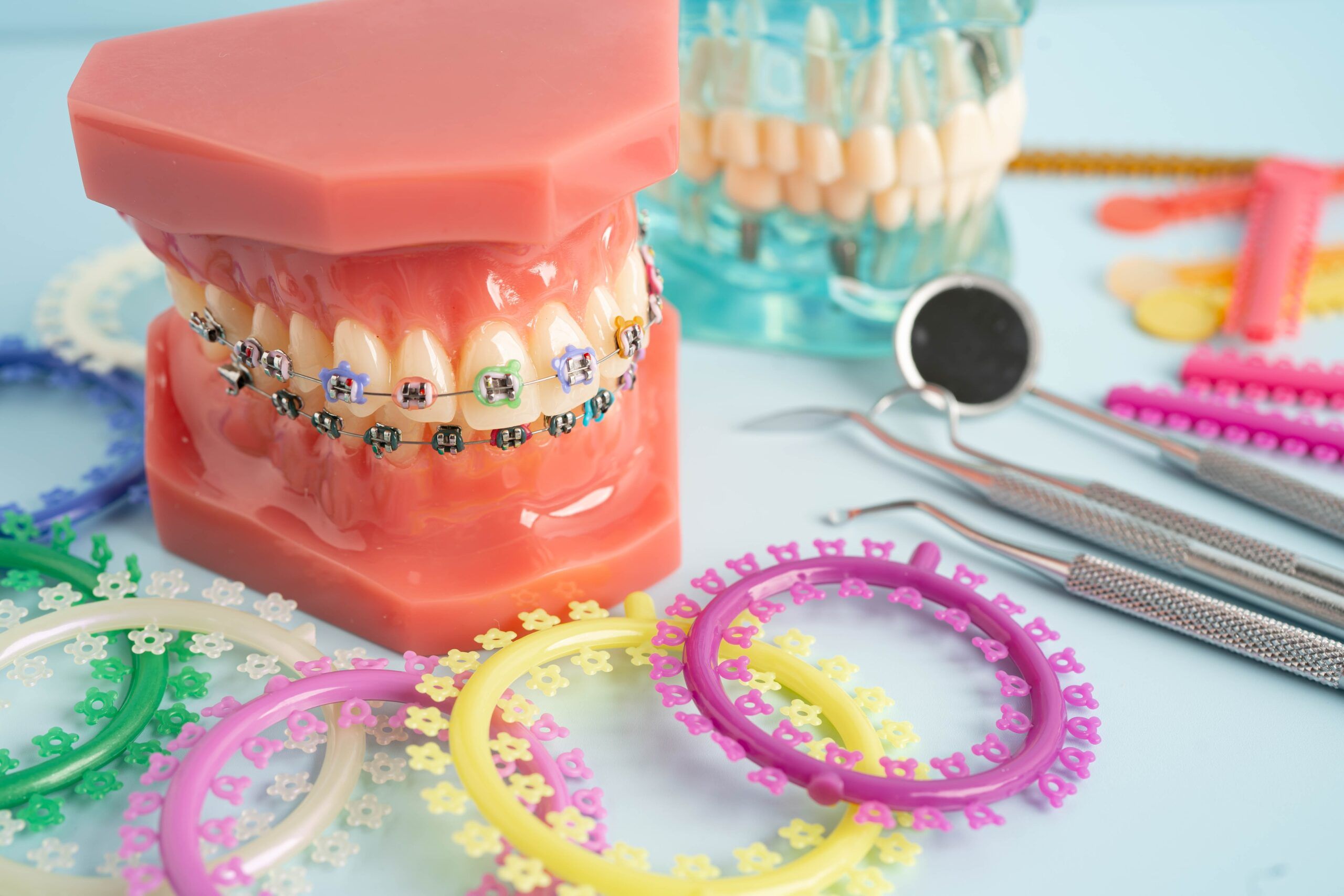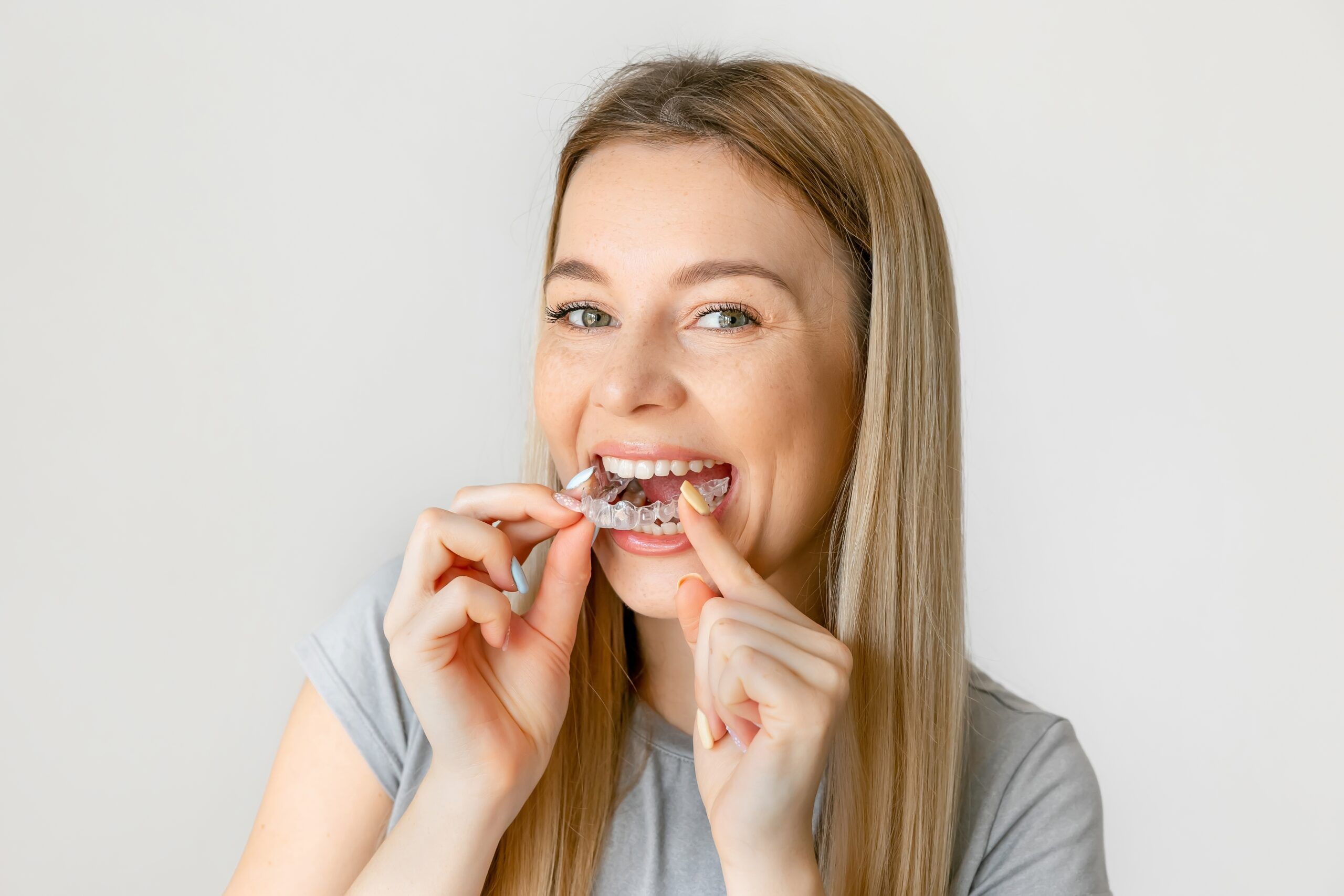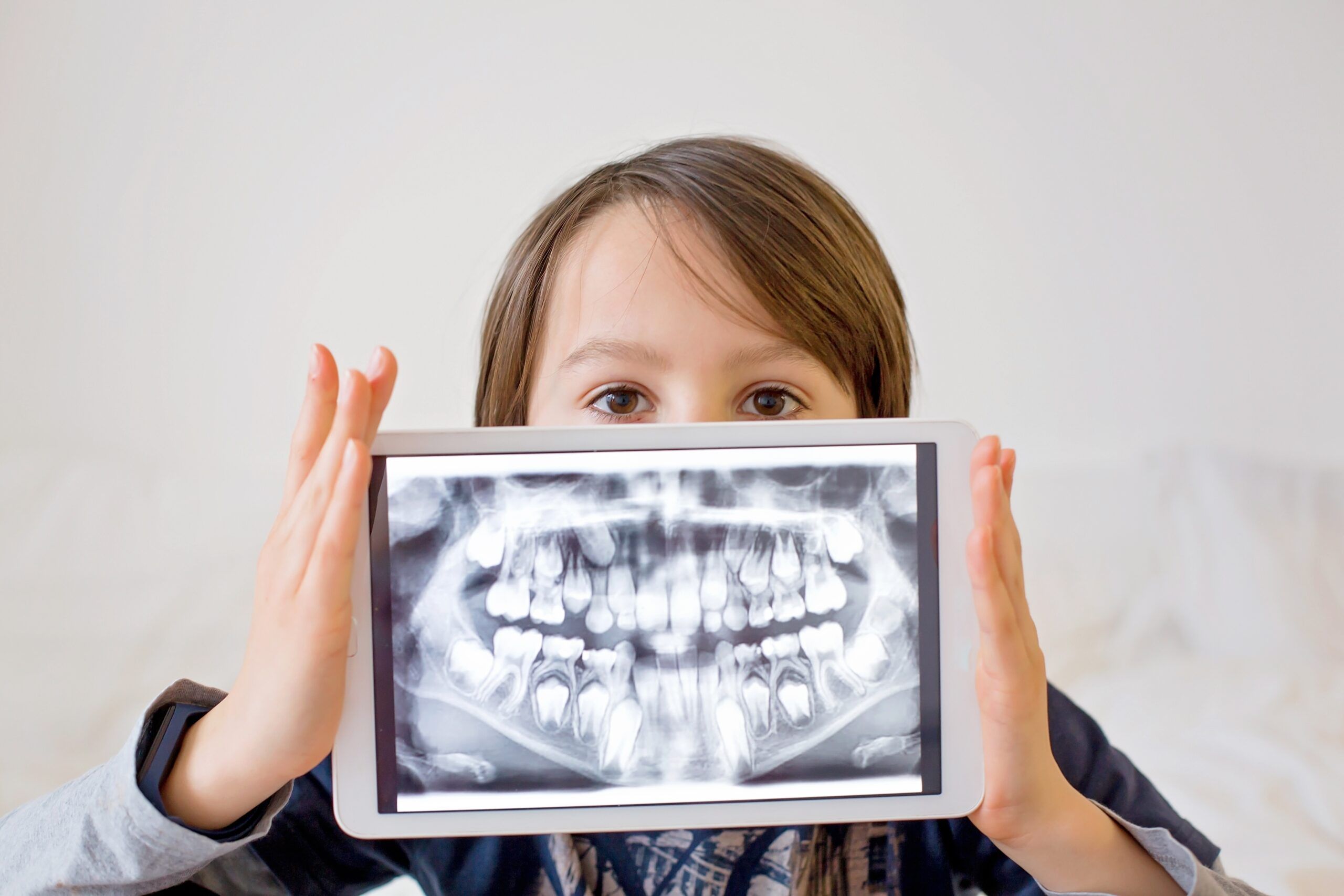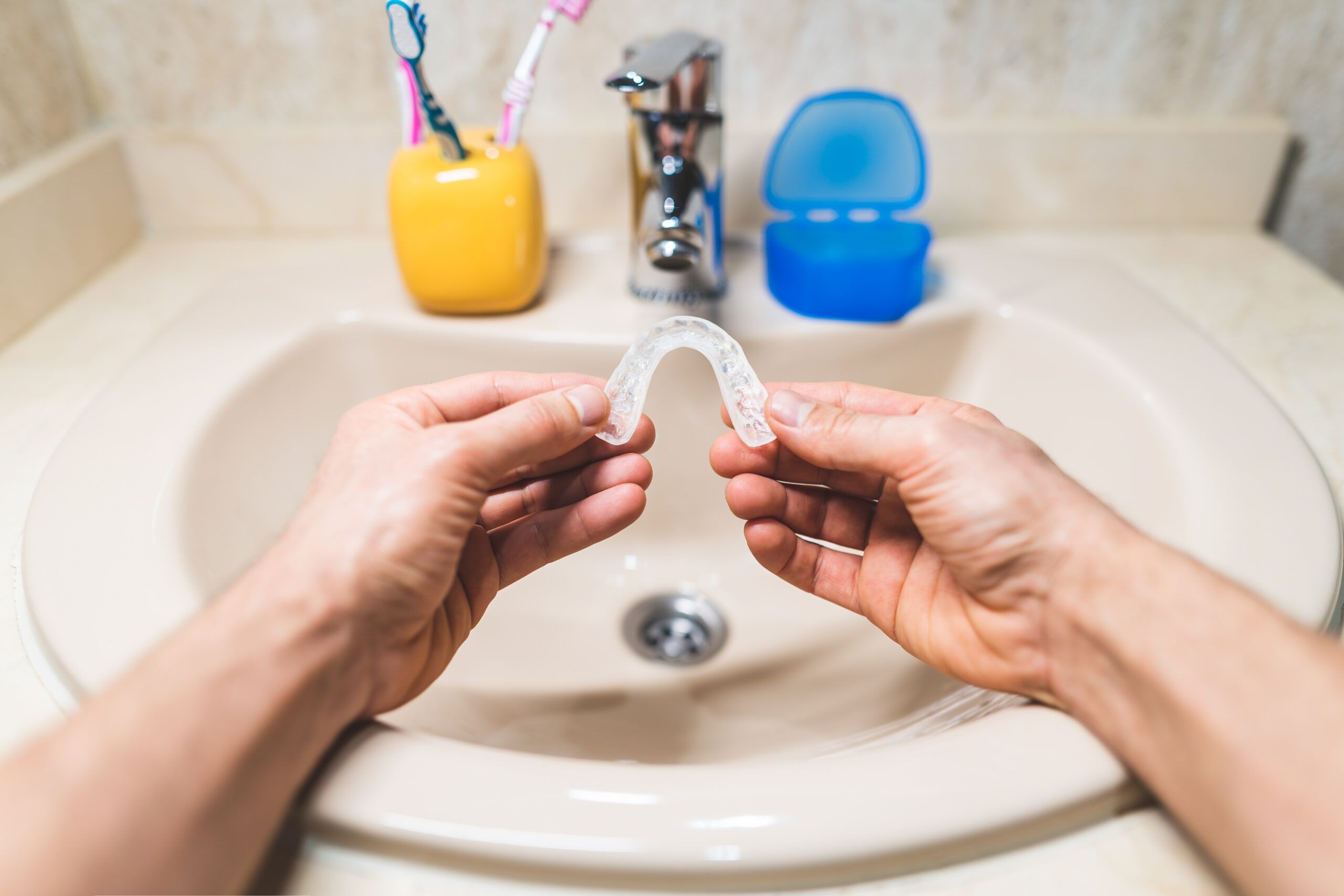Does My Child Need Early Orthodontic Treatment?
When discussing orthodontic care, the common perception is that braces are reserved for the early teenage years, once all permanent teeth have emerged, and generally that is true. However, it is a good idea to bring your child to visit the orthodontist for the first time at age 7. While this might feel early for an evaluation, there are several benefits to identifying and addressing orthodontic issues during this formative stage, positively impacting both oral health and overall development in the long run. Read on to learn why your dentist is recommending an early orthodontic evaluation—even if treatment may not start right away, Lindner Dental Associates can help.
Identifying and Addressing Problems Sooner
By age 7, most children have a combination of baby teeth and permanent teeth, which provides a great window for the orthodontist to evaluate dental development. The orthodontist can identify many potential issues before they escalate, including the following:
- Overbites, underbites, and crossbites: These bite misalignments can lead to discomfort, uneven tooth wear, and difficulties with speaking and chewing.
- Crowding or spacing: Excessive crowding or large gaps can affect both the aesthetics and functionality of a smile.
- Jaw growth issues: Uneven growth of the upper and lower jaws can cause severe bite problems as a child ages. Early treatment can guide jaw development for better alignment.
- Thumb-sucking and other habits: Addressing oral habits like thumb-sucking early can prevent impacts on teeth and jaw development.
By diagnosing these problems early, our board-certified orthodontists can create a plan for future treatment, reducing the likelihood of severe problems later on.
Evaluating Jaw growth
Young children still have a lot of jaw growth remaining, and they have not yet gone through their final growth spurt which generally happens during puberty. Evaluating a jaw growth issue early, can allow the orthodontist to identify any significant problems and provide recommendations to help guide jaw growth. This can reduce the need for extensive orthodontic work or even jaw surgery later on.
Evaluating Tooth Development
During the stage of mixed baby and adult teeth, the orthodontist will evaluate the amount of space available for the developing adult teeth. If there is significant crowding or the amount of space is inadequate for the permanent teeth, it is important to address this early. Crowding makes it more difficult for children to maintain adequate oral hygiene and increases their risk for cavities.
Habits
Early evaluations will also address habits like thumb-sucking or tongue thrusting. These habits can affect oral development and lead to the need for extensive orthodontic treatments later on in life.
Estimated Timing for Orthodontic Treatment
Even if you child is not yet ready for orthodontic treatment, the orthodontist will be able to provide an estimate for the ideal timing for braces or other corrective measures for your child. By tracking your child’s dental development over time, the orthodontist can ensure to begin treatment when it will be most effective. It also allows families to plan ahead both logistically and financially for future orthodontic needs.
Setting your Child up for Success
An early evaluation provides clarity and reassurance for parents. Starting the conversation about orthodontic treatment early can make children more comfortable with the process and build their excitement about achieving a great smile in the future.
Schedule an Appointment with a Board-Certified Orthodontist at Lindner Dental
Proactively managing your child’s dental care now prepares them for a healthy, beautiful future smile. At Lindner Dental Associates in Bedford, NH, our Board-Certified orthodontists, Dr. Tracy and Dr. Jia are caring and attentive. Call us at 603-624-3900 to schedule your child’s first orthodontic evaluation today. We look forward to meeting your children and watching them grow.














